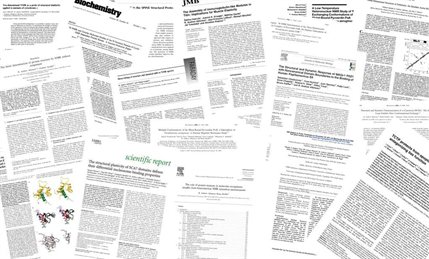The marketization of the French public finance before capitalism: The paulette edict of 1604
27 May 2021

By Nicolas Pinsard and Yamina Tadjeddine. In Economy and Society. Published online: 24 May 2021.
Abstract
The sovereign debt market represents one of the most active and highly regarded fields of financial transaction. Nevertheless, the trading of public debt securities is no natural phenomenon. It is the fruit of a long social and political process. We have chosen the history of France’s public finances as the subject of our empirical investigation because France represents a unique example of marketization of state finances outside the capitalist mode of production. We posit that the birth of this market system can be traced back to the introduction of the paulette tax in 1604, a reform which modified the rules governing the granting, valuation and transmission of public offices, creating the necessary conditions for a market on which these titles could be exchanged freely. This paper is based on archival research and information gathered from the French National Archives and the Bibliothèque Nationale de France (BNF). The concept of socio-technical devices proposed by Çalışkan and Callon provides a theoretical reference framework to the extent that it allows us to define the nature of the market relations established. However, the case of the office market brings to the fore the need to distinguish between marketization and the notion of market agencement. The market for offices came about less from economic theories or practices than from political and social ones. The office market followed the sovereignty imperatives of the state.






